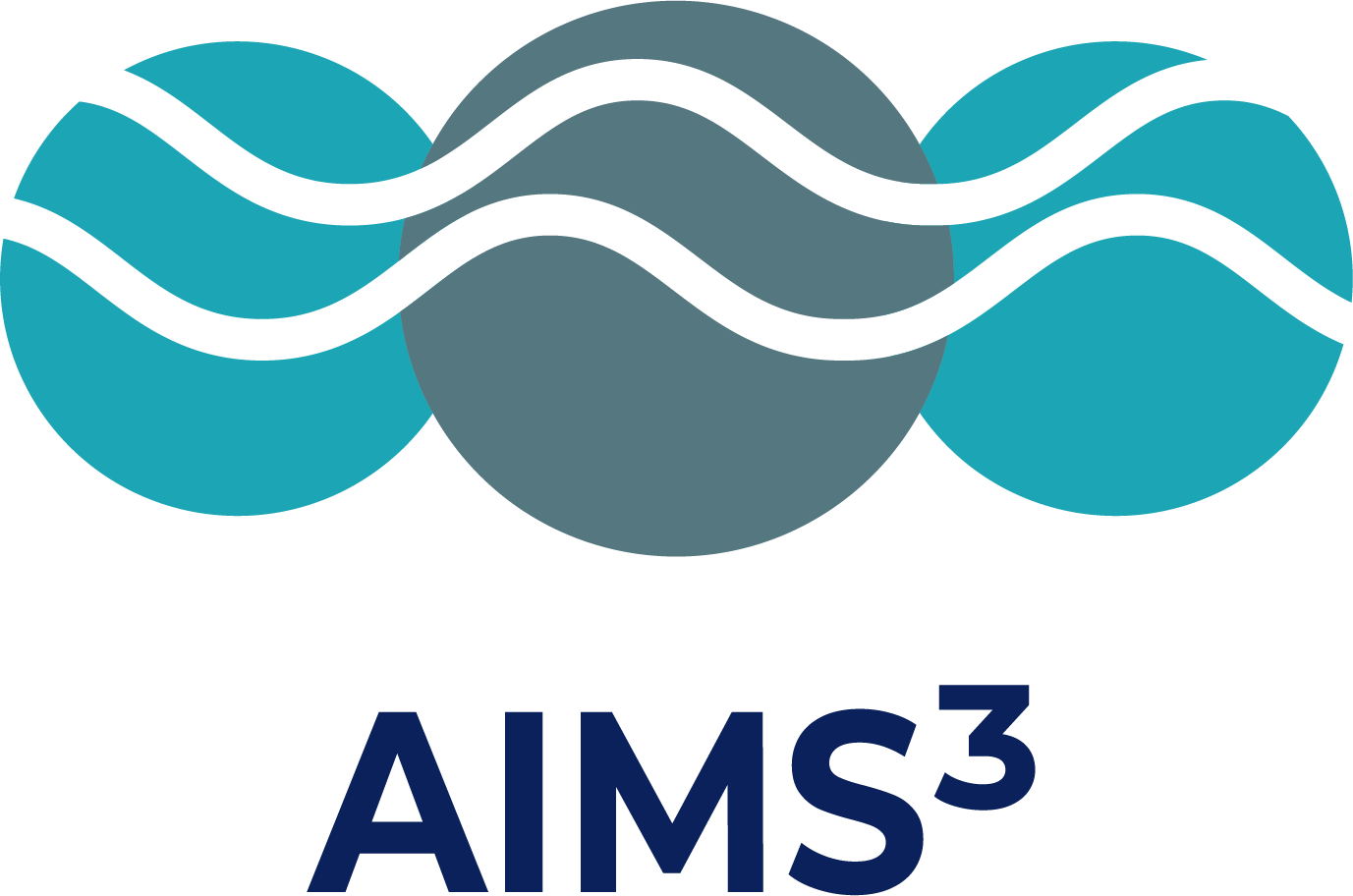

Citizens discuss CCS with experts at MARUM
Bremen – On February 28, 2024, citizens gathered at MARUM – Center for Marine Environmental Sciences at the University of Bremen to intensively discuss the acceptance of CO2 storage methods at a workshop. This form of participation enabled the participants to actively engage with the topic of CO2 storage in rocks under the sea. The topic is relevant because a few days earlier the German government presented a draft bill on the Carbon Dioxide Storage Act, which would allow carbon dioxide to be stored under the German North Sea in the future.

The participants were a small group (12-15 people) with little or no experience in CCS (carbon capture and storage) and to some extent represented a cross-section of the population. This was related to age and gender, employment status, and migration background. After a brief round of introductions, two different carbon storage methods were presented to the group in a specialist presentation, which was then analyzed as part of a moderated discussion.
The focus was on the utilization of basaltic ocean crust in the North Atlantic, which is being investigated as part of the CDRmare consortia AIMS3, coordinated at MARUM. In contrast to classic CO2 injection into sandstone formations and former gas reservoirs, AIMS3 aims to use the permeable upper ocean crust to inject CO2 into it. The hoped-for advantage: the injected CO2 mineralizes much faster in the ocean crust than in sandstone formations. In this way, the greenhouse gas could be rendered harmless to the climate for millions of years. The participants discussed the innovative research project in the Atlantic Ocean and scrutinized topics such as environmental impact, feasibility, potential costs, and possible geopolitical implications.
Summary of the consultation
The participants drew up a comprehensive statement highlighting various aspects. They emphasized the importance of transparent communication in research and decision-making processes. They expressed concern about possible geopolitical impacts and called for a clear financial distinction between public and industrial funding of potential carbon storage projects.
The question of responsibility and monitoring in the case of CO2 sequestration took center stage, as did concerns about possible effects on CO2 reduction efforts in other areas. The participants called for a transparent comparison of CCS with other CO2 storage methods to achieve the German government’s climate targets.
In the final discussion, the participants emphasized the importance of different perspectives and rated the workshop as a welcome participation format. They also pointed out the urgency of effective technologies to reduce the CO2 concentration in the atmosphere.
The workshop participants’ statement can be found here (in German only)